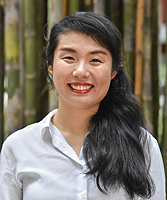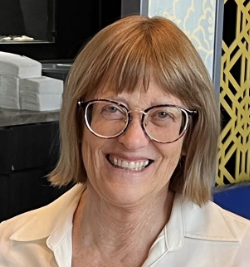Carol Benson holds a PhD in Social Sciences and Comparative Education from UCLA (1994) with specializations in bilingual education and linguistic anthropology. Her research, teaching and consulting is focused on policy and practice in L1-based multilingual education (MLE), particularly in low-resourced contexts in the Africa, Latin America and Asia/Pacific regions.
As an Associate Professor at Teachers College, Columbia University (2014-2022), Carol worked with MA, EdD and PhD students to research language-in-education policy change, assessing literacy in non-dominant languages, and creating a multilingual habitus in educational development.
She founded MLE International to organize much-needed technical and human resources and channel them into implementational spaces around the world. Many of her former students serve as collaborators and resource people, along with colleagues from a range of multilingual countries.
Recent publications:
Kosonen, K. & Benson, C. (Eds.) (2026). Including Non-Dominant Languages in Educational Policy Change: Key actors and agency. Bristol: Multilingual Matters.
Iwasaki, E. & Benson, C. (2024). Framing matters: Transfer vs. transition in language policy and planning. Educational Role of Language Journal 2(12), 63-67. https://educationalroleoflanguage.org/wp-content/uploads/2025/02/ERL-Journal-Volume-12.pdf
Benson, C. (2024). Guidance for the classroom-based assessment of multilingual learners: Assessing languages, literacies and learning across the curriculum. Bangkok: UNESCO & UNICEF EAPRO. https://unesdoc.unesco.org/ark:/48223/pf0000392221
Erina Iwasaki, PhD
Co-director
Specialist in L1-based multilingual education
Erina Iwasaki holds a PhD in International and Comparative Education with a specialization in Philosophy from Teachers College, Columbia University, New York (2022). She was Lecturer in the same program in 2022-23, and is currently a post-doctoral researcher at the University of Notre Dame, U.S.
Erina’s dissertation research (2022) examined the role of key advocates in language-in-education policy change in Senegal. She is interested in the efforts of ethnolinguistically non-dominant communities to advocate and implement education in their own languages. She has extensive work and research experience in Senegal and Myanmar.
Recent publications:
Iwasaki, I. (forthcoming). Senegal’s national bilingual education policy: Tthe role of Senegalese militant.e.s of national languages. In Kosonen, K. & Benson, C. (Eds.), Including Non-Dominant Languages in Educational Policy Change: Key Actors and Agency. Multilingual Matters.
Iwasaki, E. & Benson, C. (2024). Framing matters: Transfer vs. transition in language policy and planning. Educational Role of Language Journal 2(12), 63-67. https://educationalroleoflanguage.org/wp-content/uploads/2025/02/ERL-Journal-Volume-12.pdf
Williams, J. & Iwasaki, E. (2022). Reframing policy and practice: Languages in education as resources for peace in Myanmar. In Wong, M. (eds.), Teaching for Peace and Social Justice in Myanmar: Identity, Agency, and Critical Pedagogy, 117-133. Bloomsbury.
Carol Benson, PhD
Founder and Co-director
Specialist in L1-based multilingual education
Meet the Support Team
-
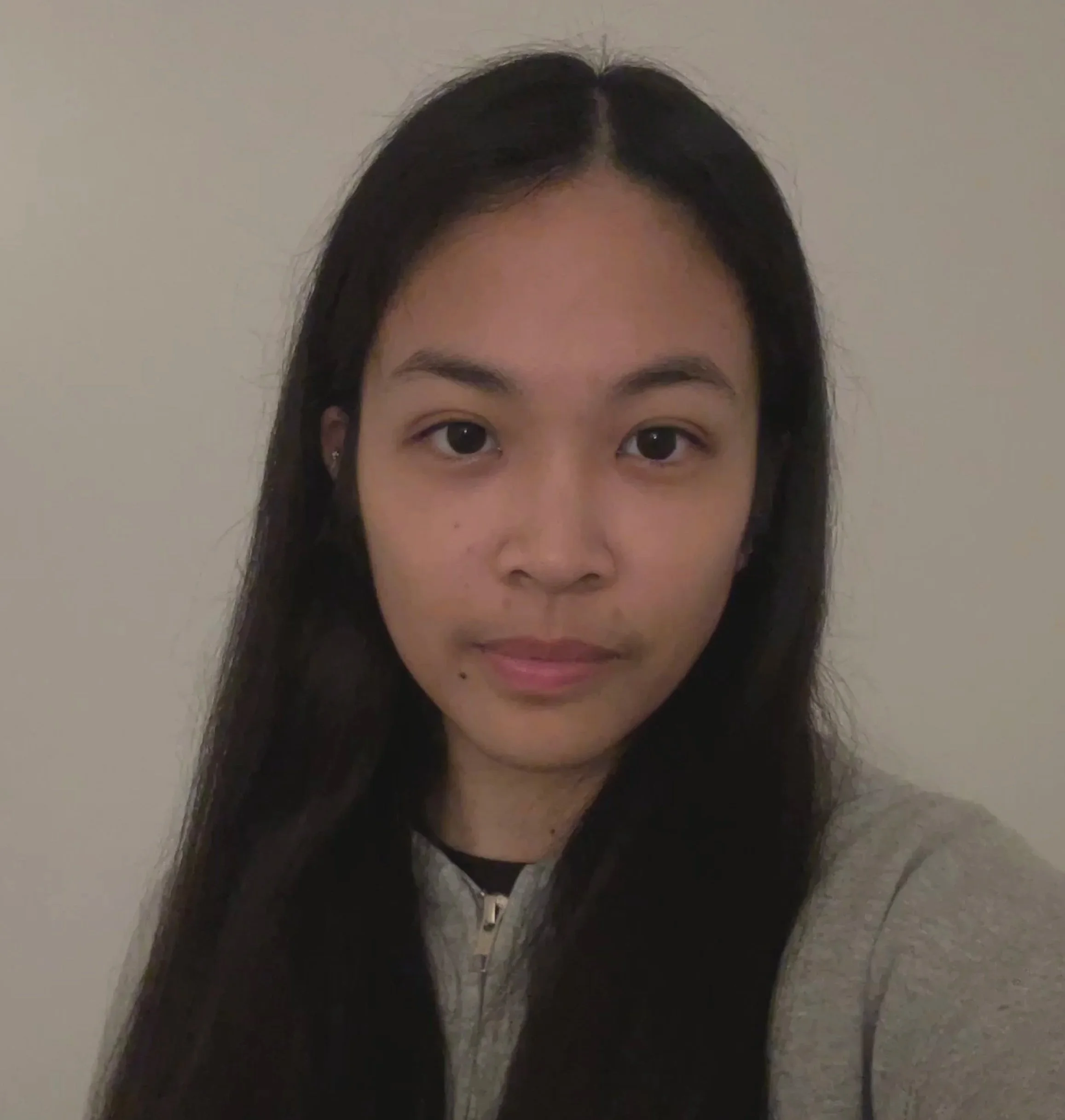
Michaela Nangca
INTERN COORDINATOR
Michaela has a BA in Psychology from the University of San Francisco. She has been a volunteer for MLE International since February 2024, working on qualitative data transcription and analysis and contributing to the MLE database project. Michaela’s interests include the influence of language on psychological processes, resource development, data analysis, and programming.
-
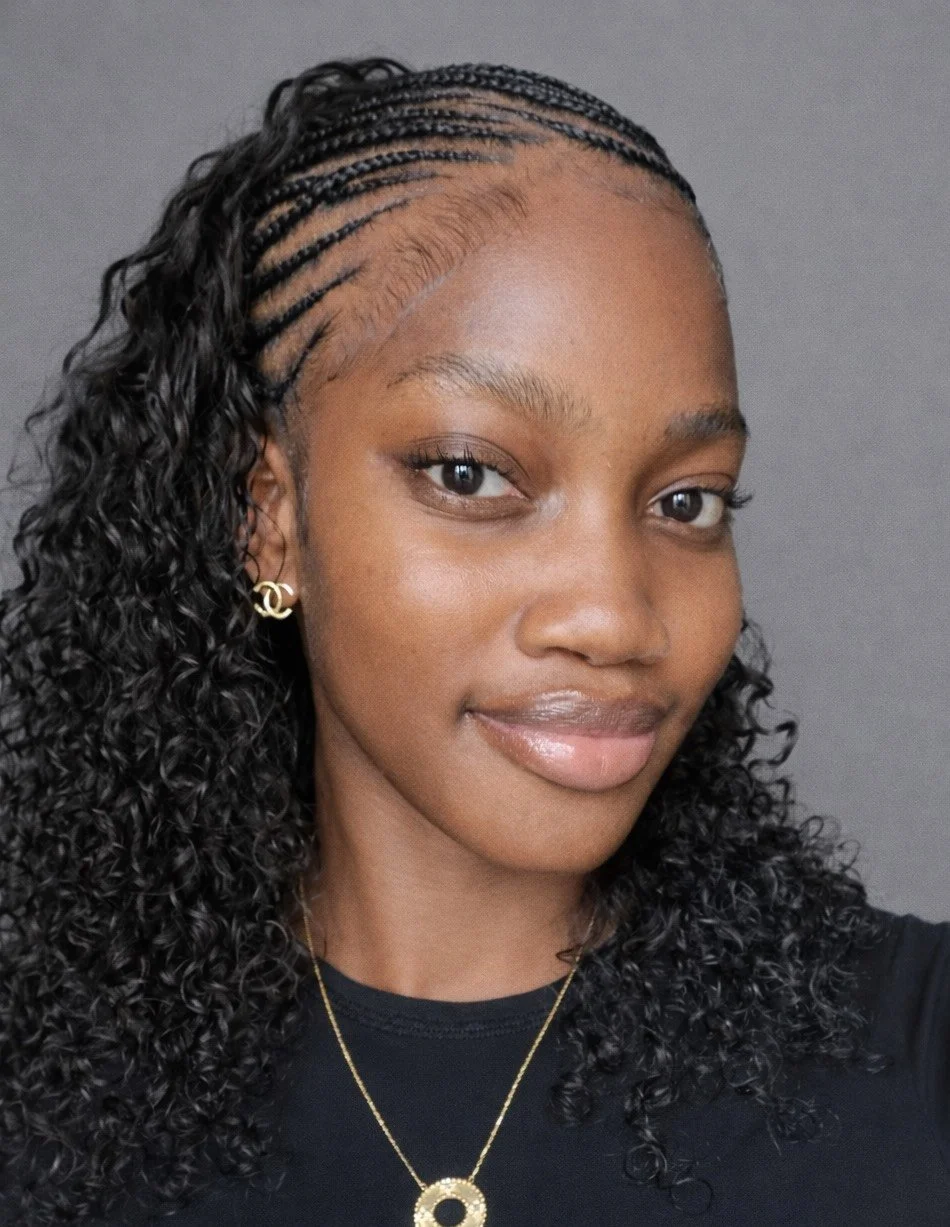
Oulimata Diagne
INTERN
Oulimata is a 4th year student in International Studies at the University of San Francisco. Her concentration is International Economics and her regional focus is Africa. Ouli has helped us with a research project with UCAD Senegal to support educators’ self-assessment of language skills, and she will support the French language MLE database team.
Research and Implementation Collaborators
-

Dr Mbacké Diagne
Professor Mbacké Diagne holds a PhD in Language, Literature and Societies from INALCO, Paris. He is Research Director of the Laboratory of English and African Linguistics and Grammar (LiGaa) and Researcher in Applied Linguistics at the Center for Applied Linguistics (CLAD) at Cheikh Anta Diop University in Dakar, Senegal.
As a specialist in bilingual education, Mbacké has trained bilingual teachers in using Senegalese languages. He currently serves as Inspector General of National Languages at the Senegalese Ministry of Education, working with the government to define a national policy for the advancement of national languages in adult literacy and formal primary education.
Recent publications:
Diagne, M. (2022). The FCFA currency: An eminently linguistic issue. Journal of Humanities and Social Sciences Studies, 4(1), 1-8.
Goudiaby, A. & Diagne, M. (2020). Expression de la couleur et degré de codabilité dans deux langues du Senegal : le wolof et gujɐɐhɐr (parler nyun). Revue Internationale de Linguistique Appliquée, de Littérature et d’Education 3(3), 51-68.
-

Dr Maria Mercedes Arzadon
Maria Mercedes (Ched) Arzadon holds a PhD in Anthropology and Sociology of Education from the University of the Philippines, where she is a faculty member at the College of Education. Her dissertation (2021) was an ethnography of storybook making for L1-Based Multilingual Education (MLE) in an Indigenous community.
Ched has led MLE teacher training, materials production, and policy development. Recently, she led the drafting of the MLE Operations Manual for the Philippines Department of Education. She manages a blogsite and social media pages for her advocacies.
Selected publications:
Arzadon, M. & Colicol, F. (forthcoming). Teacher professional agency and synergistic actions among top-side-bottom actors. In Kosonen, K. & Benson, C. (Eds.), Including Non-Dominant Languages in Educational Policy Change: Key Actors and Agency. Multilingual Matters.
Arzadon, M. (2021). Policy enactment in MTB-MLE big book making among teachers in Buguias, Benguet. Unpublished dissertation, University of the Philippines.
Arzadon, M., Igcalinos, A., Zubiri, L., Cortez, A., Awid, M. & Gumba, L. (2016). Regional Research on the Use of Language(s) in Classrooms in Ethnolinguistic Communities: Philippines. Research resport. UNESCO Bangkok.
-
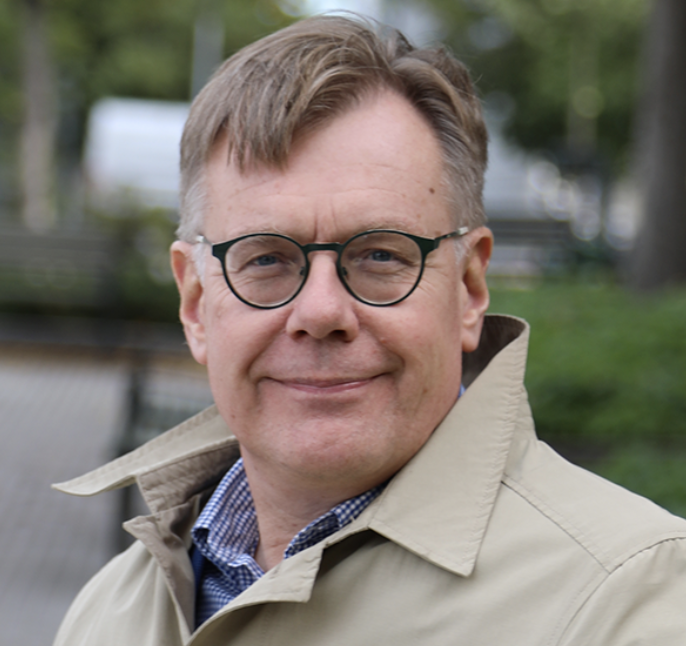
Dr Kimmo Kosonen
Kimmo Kosonen holds a PhD in Education from the University of Joensuu, Finland. He is Senior Literacy and Education Consultant for SIL International and a Lecturer at Payap University, Chiang Mai, Thailand. He is also a member of the UNESCO Bangkok MLE Working Group.
Kimmo’s research interests include language-in-education policy, local language development, and MLE in non-dominant languages.
Recent publications:
Kosonen, K. & Benson, C. (Eds.) (forthcoming). Including Non-Dominant Languages in Educational Policy Change: Key Actors and Agency. Bristol UK: Multilingual Matters.
Kosonen, K. & Benson, C. (2021). Bringing non-dominant languages into education systems: Change from above, from below, from the side—or a combination?. In Benson, C. & Kosonen, K. (Eds.), Language Issues in Comparative Education II, pp. 25-56) Brill.
Kosonen, K. & Person, K. (2021). Language policy and planning in mainland Southeast Asia. In Sidwell, P., & Jenny, M. (Eds.), The Languages and Linguistics of Mainland Southeast Asia: A Comprehensive Guide (Vol. 8), pp. 907-926. De Gruyter Mouton.
-

Dr Xolisa Guzula
Xolisa Guzula holds a PhD in Multilingual and Multiliteracies Education from the University of Cape Town, South Africa. She is Senior Lecturer in Multilingual and Multiliteracies Education at UCT.
Xoli is an early literacy specialist with interests in biliteracy development, emergent literacy, bi/multilingual education, language and literacy as social practice, multi-literacies and multi-modality, third spaces and bilingual children's literature.
Xoli is an experienced teacher trainer in early literacy, biliteracy and community literacy training. She is a storyteller, author and translator of children's literature into ixiXhosa. She is a co-founder of a network of community literacy clubs emerging across South Africa.
Recent publications:
Guzula, X. (2022). De/coloniality in South African language in education policy: Resisting the marginalisation of African language speaking children. In C. McKinney and P. Christie (Eds), Decoloniality, Language and Literacy: Conversations with Teacher Educators. Bristol: Multilingual Matters.
Guzula, X. (2019). Moving beyond artificial linguistic binaries in the education of African Language speaking children: A case for simultaneous biliteracy development. Special Issue of Perspectives in Education, 36 (2), 1-14.
-

Dr Kevin Wong
Kevin Wong holds a PhD in Teaching and Learning from New York University, U.S. Kevin is Assistant Professor of Education and Chair of the MA in TESOL Program at the Graduate School of Education and Psychology at Pepperdine University in Malibu, California, U.S.
Kevin draws from his biracial, multilingual upbringing in Hong Kong to examine language learning among children, with a particular interest in new language learning and heritage language maintenance. As a former public elementary school teacher, he is committed to educational equity for linguistically and culturally diverse students worldwide.
Recent publications:
Wong, K. M., Iwasaki, E., Benson, C. & Lhagyal, D. (2023). Decolonizing research findings in multilingual education: Using multilingual (re)sources to develop a database for international research. International Journal of Bilingual Education and Bilingualism. https://doi.org/10.1080/13670050.2023.2168514
Wong, K. M. & Tian, Z. (2022). Chinese-English dual language bilingual education in the United States 美国中英双语沉浸式教学. Journal of Multilingual and Multicultural Development, 43(6), 477-486.
Wong, K. M. & Benson, C. (2019). Policy and practice in L1-based multilingual education: Challenges and steps forward. FIRE: Forum for International Research in Education, 5(3), 1-11.
-

Dr Jessica Ball
Jessica Ball holds a PhD in Psychology and a Master of Public Health from the University of California, Berkeley, U.S. She is Professor Emerita at the University of Victoria in British Columbia, Canada. She is Director of the Early Childhood Development Intercultural Partnerships Program (www.ecdip.org) and former Director of the First Nations Partnerships Program.
Jessica specializes in strategies that optimize the social determinants of wellness to support the best possible outcomes for children and families. Her scholarly expertise and professional experience includes situational analysis, needs assessment, program planning and evaluation of L1 based multilingual education initiatives around the world. For over three decades she has supported efforts to strengthen endangered Indigenous languages through parent involvement and teacher education.
Recent publications:
Ball, J., & Smith, M. (2023). A more-than-language approach to inclusion of Indigenous children in education: reflections on Cambodia’s Multilingual Education Plan. Journal on the Role of Language in Education. https://doi.org/10.36534/erlj.2022.02.01 www.ecdip.org/resources/
Ball, J., & Smith, M. (2021). Essential components of multilingual education implementation: A case study of Cambodia’s Multilingual Education National Action Plan. Current Issues in Language Planning. DOI: 10.1080/144664208.2021.2-13060 www.ecdip.org/resources/
-

Dr Naashia Mohamed
Naashia Mohamed is a Senior Lecturer of TESOL at the University of Auckland, New Zealand. Her teaching and research contribute to understanding how school and society can empower racially and linguistically marginalised children, youth, and families to achieve greater social equity.
Naashia’s research illustrates how home languages serve as powerful resources for students, helping them not only to attain academic success, but to promote second language and literacy development. Her publications critically analyse educational policies and practices in the Maldives and New Zealand contexts to promote those that validate multilingual learners' assets while building on their ethnolinguistic identities.
Recent publications:
Mohamed, N. (2024). Building positive identities in multilingual, multicultural spaces: One case study of an ECE setting in New Zealand. In Erlam, R. (Ed.), Teaching the Linguistically Diverse Learner in Aotearoa New Zealand. NZCER Press.
Mohamed, N. (2024). Building Global Englishes into a pre-service teacher education curriculum. In Selvi, A. F. & Kocaman, C. (Eds.), International Perspectives on Critical English Language Teacher Education: Theory and Practice. Bloomsbury.
Mohamed, N. (2024). Narratives of (un)belonging: Language management and identity negotiations in two immigrant families in New Zealand. In Dunmore, S., Rosiak, K., & Taylor, C. (Eds.), New Approaches to Language and Identity in Contexts of Migration and Diaspora. Routledge.
-

Dr Lydia Kananu Kiramba
Lydiah Kiramba holds a PhD in Curriculum and Instruction with a focus on bilingual education, linguistic diversity, second language acquisition, and teacher education from the University of Illinois at Urbana-Champaign. She is an Associate Professor of Educational Linguistics in the Department of Teaching, Learning, and Teacher Education at the University of Nebraska-Lincoln.
Lydiah’s research in Kenya and the U.S. examines the communicative practices of multilingual, multicultural students in diverse classrooms, focusing on how students use their communicative repertoires in language and content learning contexts. She also explores the literacies of im/migrants and multilingual populations in K-12 classrooms. Her research sheds light on how multilingual/multicultural students use their funds of knowledge in the classroom, and how educators can leverage this knowledge to foster sustainable literacy development.
Selected publications:
Kiramba, L.K., Deng, Q., Guo, X. Yunes-Koch, A., Viesca, K. (2023). Community language ideologies: Implications for language policy and practice. Linguistics and Education. https://doi.org/10.1016/j.linged.2023.101251
Kiramba, L. K. (2019). Heteroglossic practices in a multilingual science classroom. International Journal of Bilingual Education and Bilingualism, 22(4), 445–458. https://doi.org/10.1080/13670050.2016.1267695
Kiramba, L. K. (2017). Multilingual literacies: Invisible representation of literacy in a rural classroom. Journal of Adolescent & Adult Literacy, 61(3), 267–277. https://doi.org/10.1002/jaal.690
Kiramba, L. K. (2017). Translanguaging in the writing of emergent multilinguals. International Multilingual Research Journal, 11(2), 115–130. https://doi.org/10.1080/19313152.2016.1239457
-

Dr Clyde Ancarno
Clyde Ancarno is a Senior Lecturer in Linguistics and Education at King’s College London. She holds a PhD in Applied Linguistics from Cardiff University, an MA in English Linguistics from the Université de Nantes, an MRes (Diplôme d’Études Approfondies) in Applied Linguistics from the Université de Bordeaux, and a Postgraduate Diploma in Language and Communication from Cardiff.
Clyde’s research focuses on multilingualism and education, particular ly language-in-education practices and policies in sub-Saharan Africa. In the past decade she has conducted extensive linguistic ethnographic research in the Gambia, exploring how multilingual practices unfold in everyday school life and how they intersect with broader questions of educational equity, access to learning, and learners’ linguistic rights.
Clyde has led the development of a teacher training toolkit Multilingual Resources for Primary Schools (https://megambia.com/toolkit). Piloted with over 800 pre-service and in-service teachers in the Gambia and Ghana, this initiative exemplifies how participatory, context-sensitive approaches to multilingual pedagogy can support more inclusive and just education systems.
Recent publications:
Ancarno, C., Bouy, B. & Jeng, M. (2023). Challenges in The Gambia for primary school lessons aiming to enhance literacy in the national languages. In Erling, E, Clegg, J & Reilly, C (Eds.), Multilingual Learning in Sub-Saharan Africa: Critical insights and practical applications. Routledge.
Ancarno, C. & Jatta, S. (2024). L1-MLE pedagogy in teacher training: Innovations for multilingual education in The Gambia. In A. Barrett et al. (Eds.), NORRAG Special Issue 11: Multilingualism and Language Transition: Innovations and Possibilities, pp. 171–196. Geneva: NORRAG,.
-
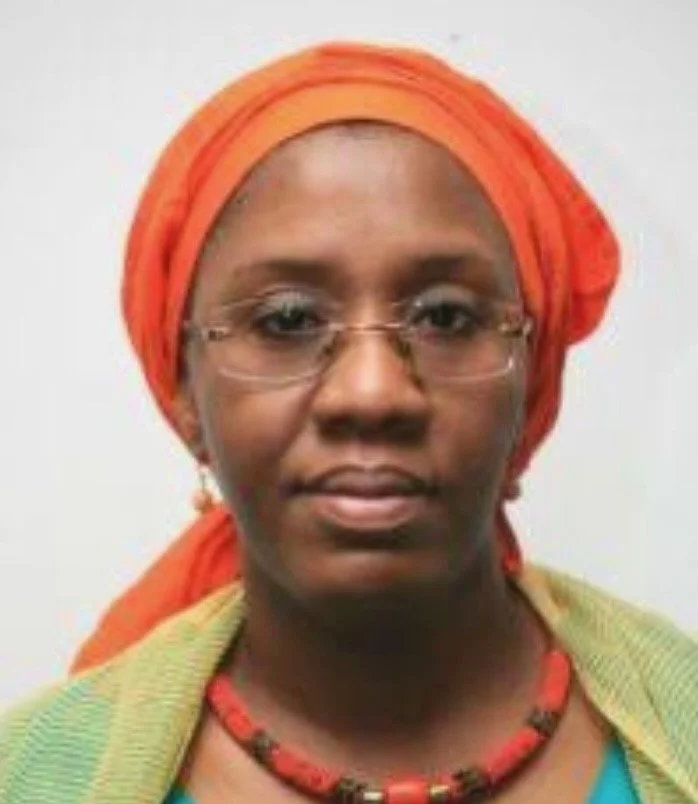
Prof Adjaratou Oumar Sall Diaw
Prof Sall est Maître de recherche au Laboratoire de Linguistique de l’IFAN Cheikh Anta Diop de Dakar et cheffe du dudit Laboratoire. Ses travaux portent sur la description et la documentation des langues, les politiques linguistiques et éducatives, la terminologie et la traduction des langues nationales du Sénégal. Elle coordonne le projet SENTERMINO (Banque de Données Terminologiques et de Traductique), dédié à la production et à la diffusion de ressources linguistiques et terminologiques en langues africaines — une initiative de recherche-action visant à enrichir, outiller et connecter les langues nationales dans les domaines de l’éducation, de la science et du numérique.
Membre active de plusieurs réseaux nationaux et internationaux, elle inscrit ses recherches dans une approche articulant langue, culture et développement, avec un accent particulier sur la didactisation du patrimoine immatériel, la recherche terminologique et la formation bilingue et multilingue.
Multilingual Resource People
-

Yeonji (Hannah) Kang, MA
Hannah holds a master’s degree in International Educational Development with a specialization in Language, Literacy, and Culture from Teachers College, Columbia University.
Hannah is a high school math teacher and has a great passion for math and equity in education. Her research interests are language policies in education and quantitative analysis in educational research.
-

Franklin (Obi) Eneh, MA
Obi holds a master’s degree in International Educational Development from Teachers College, Columbia University.
Obi’s research interests include language-in-education planning and policy, raciolinguistics, and decolonization studies. For his MA thesis, he conducted qualitative research on Moroccan teacher perspectives on the current and future implementation of Tamazight language education. He hopes to contribute to work that supports MLE educators.
Publication:
Eneh, F. (forthcoming). Tamazight in Moroccan education: The importance of teacher perspectives. In Kosonen, K. & Benson, C. (Eds.),Including Non-Dominant Languages in Educational Policy Change: Key Actors and Agency. Multilingual Matters.
-

Charlotte Caron Suzara, MEd
Charlotte holds an MEd from Teachers College, Columbia University and a master’s in Public Administration from the London School of Economics. She currently leads a research program funded by Collége Éducacentre in Vancouver, British Columbia called the Institut de recherche sociale appliquée through which she produces internal evaluations and research supporting initiatives in French, the official non-dominant language in Canada. She is also a board member of an advocacy group called RESDAC, which aims at organizing non-dominant official language groups throughout Canada in order to make their needs more visible to the government.
Charlotte’s research interests include lifelong learning, community building, and non-dominant languages in education.
-

Pia Maiti, MA
Pia holds a master’s degree in International Educational Development with a specialization in Language, Literacy, and Culture from Teachers College, Columbia University.
Pia is passionate about education policy and programs that advance gender equality and broaden access to educational opportunities for students of all linguistic backgrounds. Her research focuses on Intercultural Bilingual Education (EIB) in Argentina and the role of civil society actors in influencing the implementation of EIB in local schools.
Publication:
Maiti, P. (forthcoming). Intercultural Bilingual Education in Chubut, Argentina. In Kosonen, K. & Benson, C. (Eds.),Including Non-Dominant Languages in Educational Policy Change: Key Actors and Agency. Multilingual Matters.
-

Jasmine Williams, MA
Jasmine holds a master’s degree in International Educational Development with a specialization in Language, Literacy, and Culture from Teachers College, Columbia University.
Recent publications:
Williams, J., D.O.J. & S.L.A. (forthcoming). The dual role of Ethnic Basic Education Providers as above and below actors in the quest for multilingual education in Myanmar. In Kosonen, K. & Benson, C. (Eds.),Including Non-Dominant Languages in Educational Policy Change: Key Actors and Agency. Multilingual Matters.
Williams, J. & Iwasaki, I. (2022). Reframing policy and practice: Languages in education as resources for peace in Myanmar. In Wong, M. (Ed.), Teaching for Peace and Social Justice in Myanmar: Identity, Agency, and Critical Pedagogy, pp. 117-. Bloomsbury.
-

Kelsey Woodrick, MA
Kelsey holds a master’s degree in International Educational Development with a specialization in Language, Literacy, and Culture from Teachers College, Columbia University.
Kelsey is a Foundational Learning Advisor and Technical Assistance Consultant at the American Institutes for Research. Previously she was an Education Development Officer at the United States Agency for International Development (USAID). She started her career working with English Language Learners (ELL) from newcomer refugee communities in Upstate New York and served as a Fulbright Grantee in Thailand in 2013. She has also taught second grade with a large ELL population in New York City.
Kelsey is passionate about multilingual education, foundational learning, and the intersection of literacy and language. She has worked across the Latin America/Caribbean, Sub-Saharan Africa, and Southeast Asia regions.
-

Jemima Douyon, MA
Jemima holds a master’s degree in International Educational Development with a specialization in Language, Literacy, and Culture from Teachers College, Columbia University.
Jemima is a learning and development specialist with a decade of training and development in various educational settings, in-person and remote teaching for adults and children. She has experience in curriculum design and development, classroom and e-learning design, teacher training, coaching, and management in the U.S., Haiti and Senegal.
-

Baolier Huang, MA
Baolier holds a master’s degree in International Educational Development with a specialization in Language, Literacy, and Culture from Teachers College, Columbia University.
Baolier is a Mandarin-English bilingual teacher in New York City with interests in language teaching and learning and bilingual methods.
-

Meilin Chong, MSEd
Meilin holds an MSEd degree in International Education Development with a specialization in Language Issues in Education and Language and Literacy from Graduate School of Education, University of Pennsylvania.
Meilin was a Spanish-English K teacher and later an Inclusion K teacher in Boston Public Schools. She interned for the Education Development Center (EDC) developing and evaluating an Interactive Audio Instructions curriculum in Honduras. She was a Fulbright English Teaching Assistant in Ecuador in 2017.
Meilin’s interests include MLE models and ideologies, language revitalization, teacher training and coaching, bilingual early childhood curriculum development, and creation of bi/multilingual resources.
-

Kella Merlain-Moffatt, MA
Kella is a storyteller who holds a master’s degree in International Educational Development with a specialization in Multilingual and Decolonial Dimensions of Education and African Education from Teachers College, Columbia University.
Kella’s research interests include language of instruction policy and practice, multilingual education, and the boundaries of identity and their consequences.
For her MA thesis, Kella conducted qualitative research in Ghana on the intersections between educational experiences, language in education policy, and civic engagement amongst Ga youth. She aims to contribute to work that uplifts those who have been marginalized.
-

Francis Gonzales, MA
Francis holds a master’s degree in International Educational Development with a specialization in Language, Literacy, and Culture from Teachers College, Columbia University.
During his MA program, Francis helped to coordinate a multilingual project to compile bibliographic references on MLE, and as a member of the Spanish team he helped with extracting, coding, and organizing articles for the database.
-

Akane Nakamura, MA
Akane holds a master’s degree in International Educational Development with a specialization in Peace and Human Rights Education from Teachers College, Columbia University.
Akane’s research centers on the intersection of intercultural multilingual education and peacebuilding in Asia. She is dedicated to expanding quality education access, and has experience in curriculum development, teaching, teacher training, and program management in Myanmar, Japan, and the United States.
-

Jade Sheinwald, MA
Jade holds a master’s degree in International Educational Development with a specialization in Multilingual and Decolonial Dimensions of Education from Teachers College, Columbia University.
Jade is an educator, writer, and researcher. She currently volunteers with non-governmental organizations to advocate for and secure the educational and human rights of populations globally by providing curriculum design and evaluation, grant writing, and strategic outreach. Jade trained in early literacy for multilingual learners, Montessori, and progressive pedagogies, and worked as a bilingual educator for six years.

